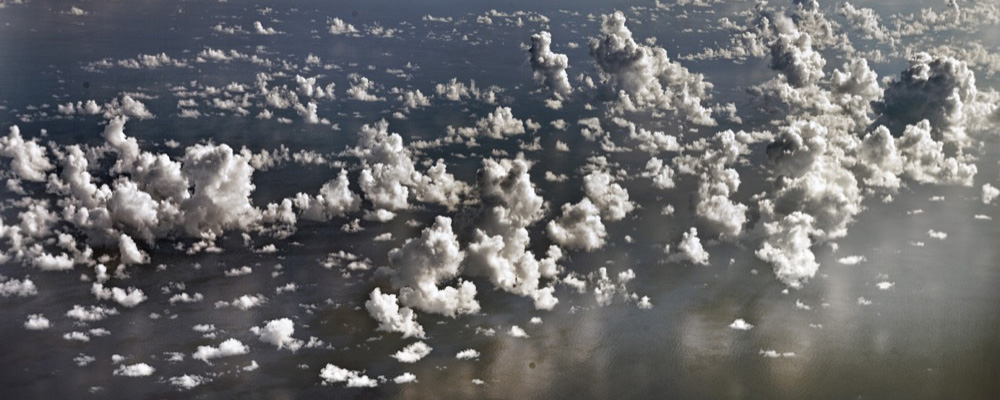
You have lived several times in a hermitage. How was it?
Great, beautiful! My longest retreat, initially planned for a year, lasted nine months; it was cut short in order to spend some time with my father who was at the end of his life. I received mail every two weeks and, because of minimal infrastructure at the hermitage, was fed by villagers who brought me rice or bananas.
Daily life in the hermitage is highly structured, and the practice requires strong discipline. We got up at 4:30 and prayed, recited texts handed by the master, practiced visualizations, until dawn. Between 7am and 7.30am, we sat on the balcony to drink tea and watch the sunrise or the clouds. Then we kept on doing exercises all day long. After sunset, we went to sleep. The quality of sleep improved gradually, and, although with less sleep, we felt totally refreshed in the morning.
Is it not an elitist lifestyle when you can relax instead of worrying about your job and your family?
I often hear that and always answer: “Come, then!” But most people would not spend a week without heating and light. Such isolation aims to get rid of egocentrism. We leave more quiet and compassionate and put ourselves at the service of others.
Is this the reason why today you travel the world, write books, speak at conferences and give interviews?
Yes, humanitarian projects brought me down the mountains, not books or conferences. I could stop all that immediately. One day, the clinic near the Shechen monastery was left with funds for only two months, and I wanted to help. At the same time, because of a growing interest in Buddhism – both from people in the West and the scientific community – more and more demands were coming to us. So, I have many tasks, beside working as an interpreter for the Dalai Lama and accompanying him on his travels, and the clinic now treats 40,000 patients from Tibet, Nepal and India. But I need to cut down my involvement.
In 1997, you published The Monk and the Philosopher. It was a huge success, there are translations in more than twenty languages. Were you surprised?
Very surprised! That’s when my problems started, after 25 years of tranquility. I would have preferred not to have done it because it put me in the very situation I was trying to escape. Last year, Karuna-Shechen, the organization I co-founded, received more than 300 requests. Feeling responsible, I find it hard to say no. I went nine times to the World Economic Forum in Davos, held countless conferences at the UN, and so on. It had a snowball effect. But the positive aspect is that we have been able to diversify the activity of the organization: besides health care, we are now developing projects in the fields of education, water and electricity supply, and earthquake preparedness, benefiting 400,000 poor people from underserved mountain regions in India, Nepal and Tibet each year.
Where do you feel at home?
In Nepal primarily, I suppose, where I find refuge at the hermitage. In India, I can relax and live as a monk, because no one recognizes me from TV. And in Tibet, it’s sometimes difficult to stay a long time because of administrative reasons.
Is a Buddhist monk afraid of death?
I cannot say that I am not afraid. A friend of mine had cancer, and though he was not scared, he was sad because there were so many things he wanted to do. But I try not to look away. I am consciously aware that death is certain, the moment unforeseeable and every moment infinitely precious. At the beginning of our life, death frightens us like a trapped animal; in the middle of it, we try to do everything right to not miss anything, and in the end, we are calm and clear. So, death is like a friend.
Extracted from an interview by Anja Jardine for Neue Zürcher Zeitung